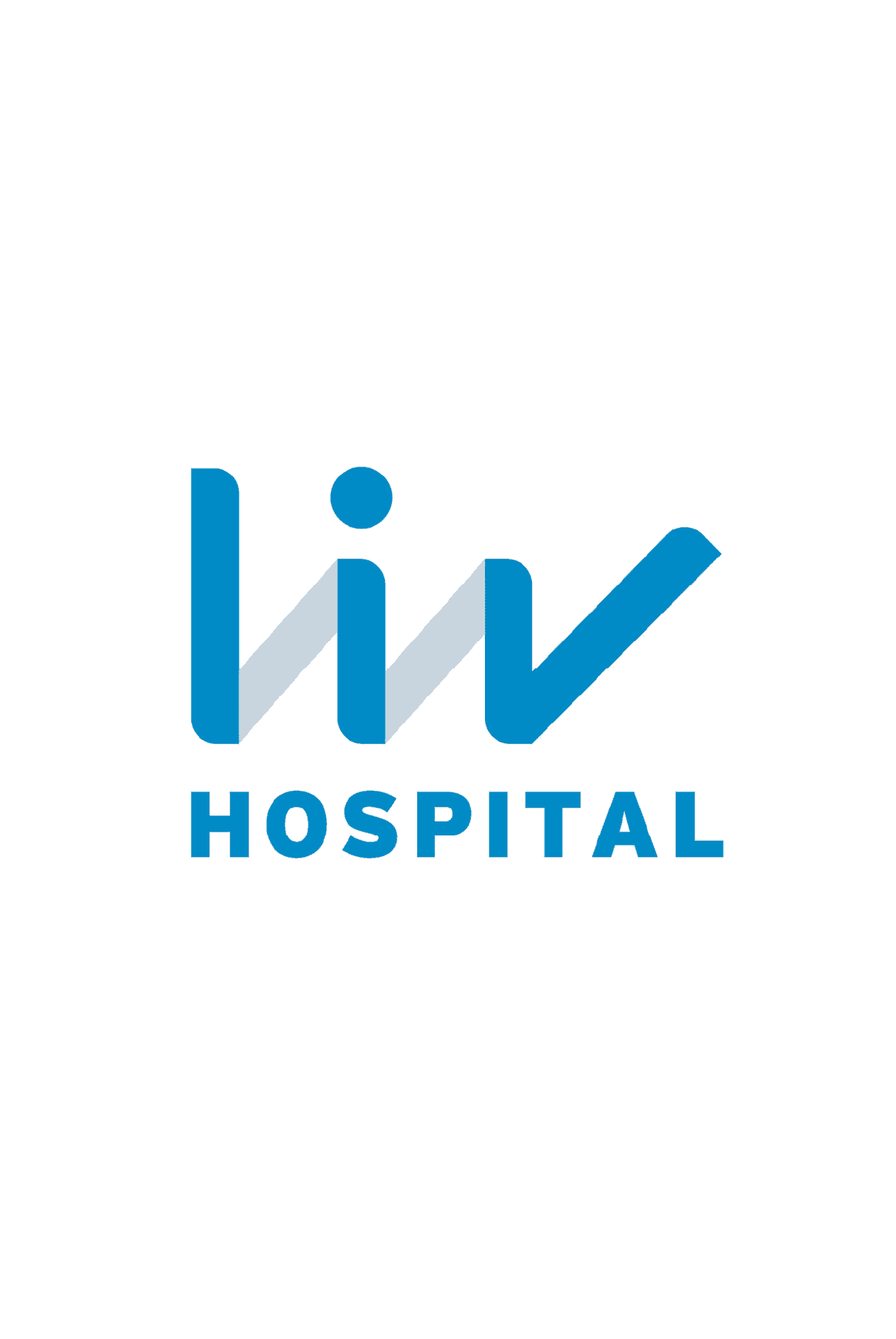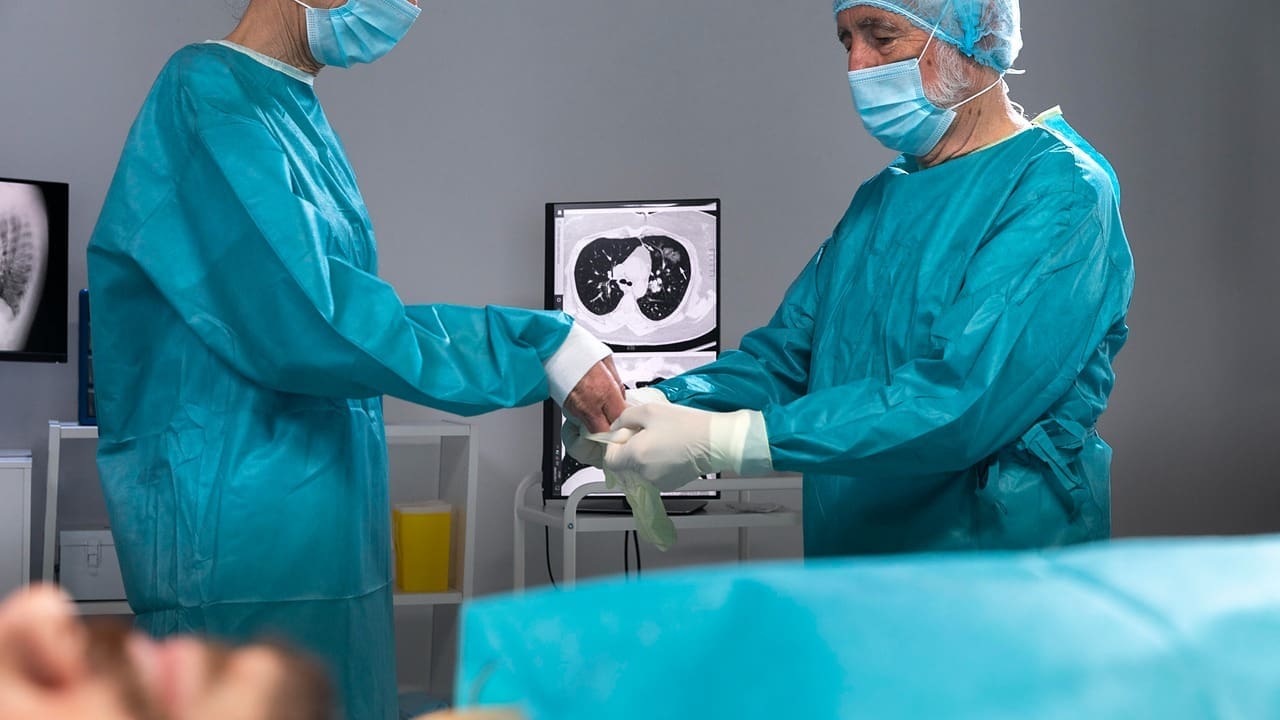Understanding Cardiovascular Surgery: What Patients Need to Know
Cardiovascular surgery includes different procedures that treat problems with the heart and blood vessels. If you have coronary artery disease, heart valve problems, or were born with a heart defect, learning about your surgical options can help you make better choices for your health. In this article, you’ll find key information about common surgeries, what to expect during recovery, and important things to consider as a patient.

Types of Cardiovascular Surgery: A Comprehensive Guide
Doctors use different types of heart and blood vessel surgeries to treat specific problems. Each surgery is chosen based on what the patient needs. Here are some of the most common procedures:
Coronary Artery Bypass Grafting (CABG): CABG is a surgery that helps blood flow better to the heart by making a new path around blocked arteries. Surgeons use a healthy blood vessel from your leg or chest to do this. CABG is often suggested for people with serious coronary artery disease, which can cause chest pain or heart attacks.
Heart Valve Repair or Replacement: Heart valves help control how blood moves through your heart. If a valve is damaged or not working right, it can affect your circulation. Surgeons can fix the valve or replace it with a mechanical or biological one. Repair is usually preferred when possible because it keeps your own tissue and can lead to better results.
Aneurysm Repair: An aneurysm is a bulging area in a blood vessel that can potentially rupture, leading to life threatening complications. Aneurysm repair involves reinforcing or replacing the weakened section of the blood vessel to prevent rupture. This procedure can be performed using open surgery or minimally invasive techniques, depending on the aneurysm’s location and size.
Arrhythmia Surgery: Arrhythmias are irregular heartbeats that might make you feel your heart racing, dizzy, or even faint. Some surgeries, like catheter ablation, can help fix these problems. In this procedure, doctors use thin tubes to treat the small parts of the heart causing the abnormal signals.
Robotic Cardiovascular Surgery: Robotic assisted surgery is a less invasive option that allows surgeons to perform complex procedures with enhanced precision. Using robotic arms controlled by the surgeon, smaller incisions can be made, resulting in less pain and quicker recovery times. This technique is increasingly being used for various cardiovascular surgeries. If you are considering this option, discuss with your surgeon the potential benefits and risks associated with robotic surgery.
Cardiovascular Surgery Procedures: What to Expect
Before your heart surgery, your healthcare team will carefully check your medical history and run some tests. Knowing what will happen can help you feel less anxious and get ready for what’s ahead.
- Pre operative Assessment: Your healthcare provider will evaluate your overall health, including heart function and any existing medical conditions. Tests such as echocardiograms, stress tests, and blood work may be performed to assess your suitability for surgery.
- Informed Consent: It’s essential to have a clear understanding of the surgical procedure, including the risks involved, potential complications, and expected outcomes. Your surgeon will explain these aspects and answer any questions you may have before you sign the consent form.
- Lifestyle Modifications: In preparation for surgery, you may need to make specific lifestyle adjustments. This could include dietary changes, quitting smoking, or increasing physical activity to improve your overall health and optimize your surgical outcome.
- Day of Surgery: When you arrive at the hospital for your surgery, you’ll meet your surgical team. You’ll get anesthesia before the procedure starts. How long the surgery takes depends on the type of operation you’re having.

Our cardiovascular surgery team combines expert surgeons, advanced techniques and comprehensive post operative support. From pre operative assessment to rehabilitation, we’re committed to restoring your health and quality of life.
The Role of Cardiovascular Surgeons: Expertise You Can Trust
Cardiovascular surgeons are experts who specialize in surgeries for the heart and blood vessels. Their skills are important for making sure your surgery goes well. When choosing a surgeon, keep these things in mind:
- Experience: Look for a surgeon with extensive experience in performing the specific procedure you require. A surgeon’s track record can significantly impact your surgical outcomes.
- Patient Reviews: Looking at reviews from other patients can help you learn about the surgeon’s style, how they treat people, and how satisfied others were with their care.
- Clinic Reputation: Check out the hospital or surgery center where your procedure will happen. Places known for good heart care often have better resources and results.
- Communication: Pick a surgeon who explains things clearly and listens to your questions. Having a good relationship with your doctor can make your surgery experience better.

Preparing for Cardiovascular Surgery: Essential Steps
Getting ready is important for a smooth surgery. Here are some key steps to help you prepare for your heart surgery:
- Consultation: Set up a meeting with your surgeon to talk about your health, your surgery options, and any worries you have. This is a good time to get to know your surgeon and make sure you feel comfortable with the plan.
- Pre operative Testing: You may need tests like blood work, heart scans, or other checks before surgery. These help your healthcare team see if you’re ready and spot any possible risks.
- Medications: Follow your surgeon’s advice about your medicines. Some may need to be changed or paused before surgery, especially blood thinners or those for blood pressure.
- Lifestyle Adjustments: Make any changes your doctor suggests, like eating differently or exercising more, to boost your health. These steps can help you recover better after surgery.
- Support System: Set up help from family or friends for your recovery. Having someone to help with daily tasks can lower your stress and make healing easier.
Recovery After Cardiovascular Surgery: Tips for a Smooth Healing Process
Recovery after heart surgery is different for everyone and depends on the type of surgery you had. Here are some tips to help you recover well:
- Follow Up Care: Attend all scheduled follow up appointments with your healthcare provider. These visits are crucial for monitoring your progress and addressing any concerns that may arise.
- Pain Management: Take your pain medicine as your doctor tells you. If you feel uncomfortable or have side effects, let your healthcare team know.
- Gradual Activity Increase: Go back to your normal activities slowly, following your doctor’s advice. Begin with light tasks and add more as you feel ready. Pay attention to how you feel and don’t push yourself too hard at first.
- Healthy Lifestyle: Eat a heart healthy diet with plenty of fruits, vegetables, whole grains, and lean proteins. Stay active as your doctor suggests to keep your heart strong in the long run.
- Emotional Support: Recovery can be emotionally challenging, so don’t hesitate to seek support from friends, family, or professional counselors if needed. Joining a support group for heart surgery patients can also provide valuable insights and encouragement.
For more information about our academic and training initiatives, visit Liv Hospital Academy
Frequently Asked Questions About Cardiovascular Surgery
What is cardiovascular surgery?
Cardiovascular surgery refers to surgical procedures that treat diseases and conditions of the heart and blood vessels. This includes surgeries like coronary artery bypass grafting (CABG) and heart valve repair.
What is the difference between cardiovascular and cardiothoracic surgery?
Cardiovascular surgery specifically focuses on the heart and blood vessels, while cardiothoracic surgery encompasses surgeries involving both the heart and thoracic cavity, including lungs and esophagus.
Is cardiovascular surgery common?
Yes, cardiovascular surgery is a common procedure performed to treat various heart conditions, especially among patients with coronary artery disease or heart valve issues.
Do cardiovascular technologists perform surgery?
No, cardiovascular technologists do not perform surgeries. They assist in diagnostic procedures and support the surgical team but are not licensed to perform surgical operations.
How long does cardiovascular surgery take?
The duration of cardiovascular surgery can vary widely depending on the procedure being performed, typically ranging from a few hours to several hours.
What are the possible cardiovascular complications that can arise following surgery?
Potential complications include bleeding, infection, arrhythmias, blood clots, and complications related to anesthesia. It is important to discuss these risks with your surgeon.
Why is cardiovascular surgery important?
Cardiovascular surgery is crucial for treating life threatening heart conditions, improving blood flow, and enhancing overall heart function, which can significantly improve quality of life.




